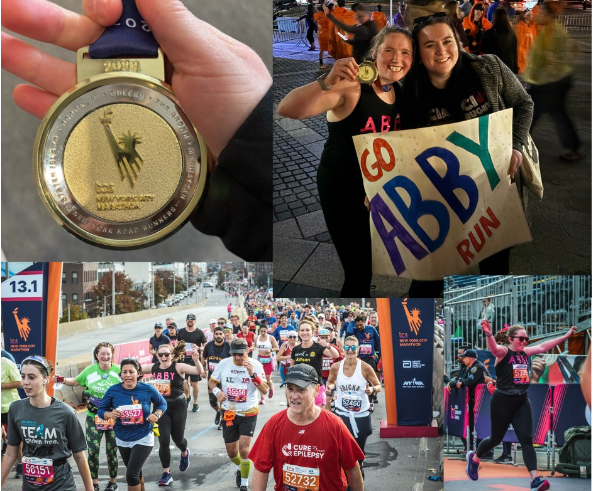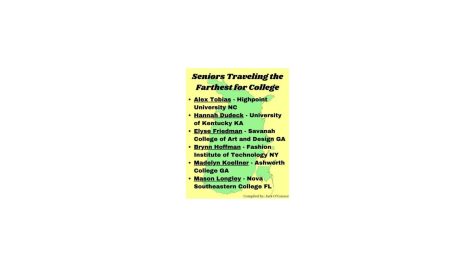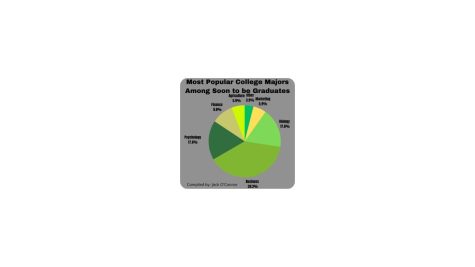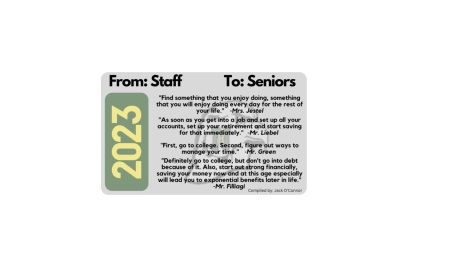Stores cross line in promotion of “healthier” lifestyle
“Candidly, we go after the cool kids. We go after the attractive all-American kid with a great attitude and a lot of friends. A lot of people don’t belong [in our clothes], and they can’t belong. Are we exclusionary? Absolutely,” said Abercrombie & Fitch CEO Mike Jeffries in an interview with Business Insider.
Earlier this year, Jeffries expressed that Abercrombie was only interested in targeting thin, beautiful consumers. Now, the largest women’s pants size available is a size 10. Other stores like American Eagle carry up to a 16, according to Elite Daily World News.
“Discriminating against people because of their weight is just wrong,” says junior Rachael Griffin. “You should be able to go into a store without being told you’re too big or small to shop there.”
But this clothing size standard is not maintained for men. At Abercrombie, men’s XL and XXL clothing are available in an attempt to appeal to athletes- another target consumer.
“This is why we hire good-looking people in our stores. Because good-looking people attract other good-looking people, and we want to market to cool, good-looking people, stated Jeffries in an interview in 2006 with Salon.
However, Jeffries’ has not been the only clothing business to promote a ‘healthier’ body image.Not too long ago, Urban Outfitters released a t-shirt with “Eat Less” scrawled across the chest. On the store’s website, the girl modeling this top appeared almost emaciated. This product raised a lot of question as to whether Urban Outfitters was promoting a healthier lifestyle or eating disorders.
“I think these businesses are causing all of this commotion intentionally. They sat down and asked themselves what would make them more money: selling to fat people or making skinny people feel elite,” said English teacher Joanna Dallam. “But then the question we have to ask ourselves as consumers is are we going to support a business whose sole focus is making money, and not serving its customers?”
Unfortunately, it does appear as though these companies could not care less for their consumers. Abercrombie & Fitch ha been the biggest offender, mostly because Urban Outfitters made a conscious effort to stop advertisement of their controversial product. Some still refuse to shop at Abercrombie because of what Mike Jeffries claimed that they represent.
“I just think it’s so disgusting that he would even say something like that,” states senior Izzy Hodgkinson. “I haven’t gone shopping in either of these stores since all of this happened. When you believe something is wrong, you have to follow through and do what is right.”
Advertising campaigns to eat healthy are promoted regularly in society. However, generally, these are not carried out by clothing companies. In October, a health ad was released from Howard County,MD, against Coca-Cola, with the slogan: “Because happiness doesn’t come in a red can, obesity does.” Overall, campaigns like this have not received much negative feedback from the public.
The fact is, many Americans are not living a healthy lifestyle at all. According to statistics gathered by the Centers for Disease Control and Prevention, approximately 70% of American adults are overweight. However, Abercrombie and Urban Outfitters have no place to make their potential customers feel insecure about their weight.
“In America, we get these mixed messages of ‘be whoever you want’ and then they tell you that you can’t be happy unless you are twig-thin, or practically emaciated. Where is this message of promoting an optimal weight?”asks Dallam.
Many patriotic Americans would like to say that in America, people are free to be whoever they want to be. While on some levels that might be true, judgement is everywhere, as is evident in these offensive campaigns, and everyone has fallen prey to that feeling of ‘not good enough’. So many think that no matter what they do they will never be acceptable. Those like Mike Jeffries may want to tell people otherwise, but being an individual will never go out of style.














